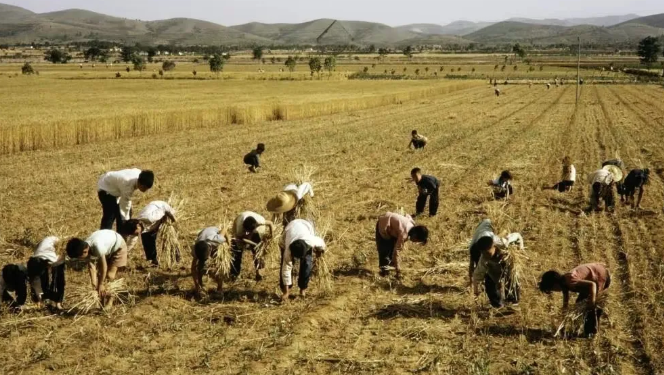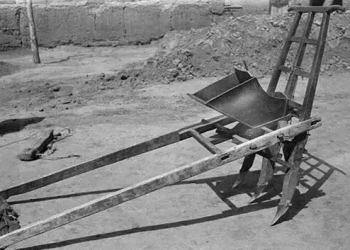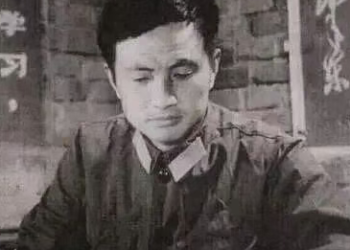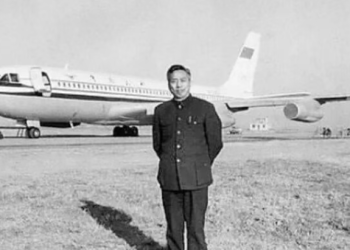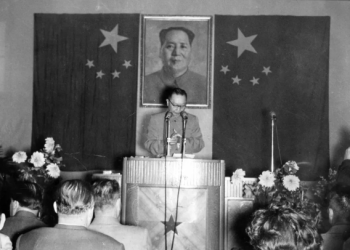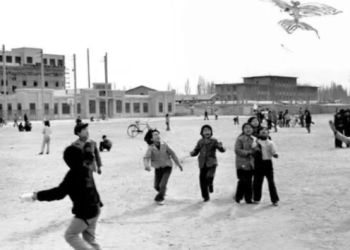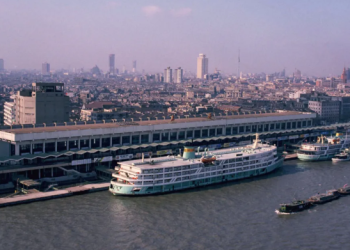In the 1970s, rural China was still in the period of large collective production teams, with each village organized into larger teams, which were further divided into smaller production squads. In our village, there was a special group of people known as the “security armed forces” of the team. In those times, when material was scarce, and life was monotonous, dependent on labor points to survive, the “armed forces” of the team had an enviable position. Their work was light, not physically taxing, offered high labor points, and did not require fieldwork—making it a job many villagers coveted.
In my memory, being part of the “security armed forces” in the team was both an honorable and easy job. Their main duty was to protect the collective interests of the village.
They were responsible for patrolling the village for security and ensuring the safety of team leaders, much like the security personnel of today. In those days, if the team needed to arrest a villager or stop disputes among them, two or three “armed” personnel would accompany the team leaders. During harvest season, they also took on the responsibility of guarding the crops. If they caught anyone stealing crops, they were merciless—immediately confiscating the stolen goods or reporting them to the team for handling.

At that time, those who became part of the “armed forces” were either well-connected with village leaders or young men just returning from military service. The team saw their abilities and sense of responsibility and gave them this role. It was also a way to take care of returning veterans. These “security armed forces” did not have to endure the harsh conditions of fieldwork like ordinary villagers. Their tasks were light, and every day they earned 12 labor points, a guaranteed amount of work points year-round.
Our village was large, and we had seven or eight “security armed forces” members. They were always present at mass meetings, criticism sessions, and other political movements, and they took turns guarding the team’s property at night.

Back then, being part of the “armed forces” was not just a good job—it was also an ideal choice for many rural girls.
In those years, every household was poor. On weekends and after school, children had nothing else to do but go out to gather wild vegetables or cut grass to feed pigs. After the team harvested sweet potatoes, villagers would take shovels to dig up any remaining potatoes in the field, but this was not allowed. If the “armed forces” found anyone doing this, they would immediately confiscate the potatoes.
I remember, one time, we were hungry for corn. A few of us secretly stole a few ears of corn, thinking we could hide them at the bottom of a basket full of wild vegetables, hoping to get away with it. Unfortunately, we were caught by the “armed forces” at the village entrance. They were meticulous in their search, and soon they found the stolen corn. That

evening, the team’s loudspeaker broadcasted the names of our parents, instructing them to go to the team to receive criticism and pay a fine. We were ashamed and fearful, and our parents, upon hearing the news, scolded us fiercely.
Looking back now, those “security armed forces” were sometimes harsh, but they were acting in the best interest of the collective. They protected the village’s crops and maintained order in the community. In that difficult time, they brought a sense of stability to our lives. They are an unforgettable memory of our village and a small reflection of the collective era.
I wonder, dear readers, did your village have such “security armed forces” during your collective years?
